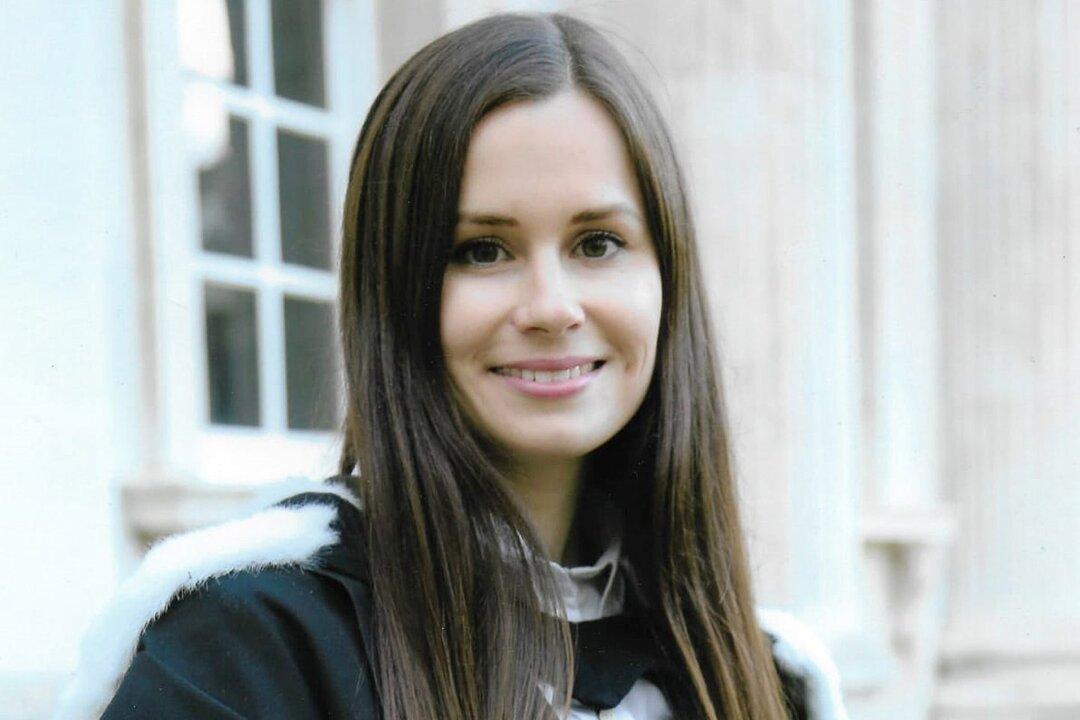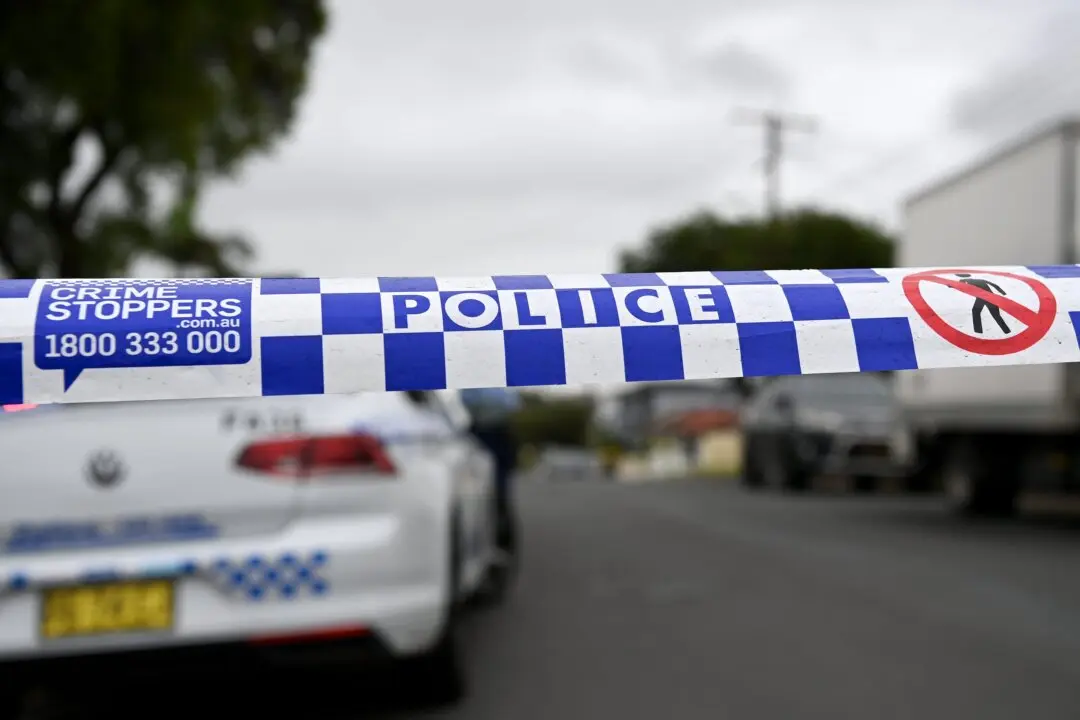Australians risk being used “as pawns and bargaining chips in geopolitical games” through hostage diplomacy as the federal government reviews how it tackles such cases.
Those taken captive by authoritarian or corrupt regimes “suffer lengthy imprisonments frequently marked by inhumane treatment and human rights violations that deprive them not only of their liberty but also their dignity.”





